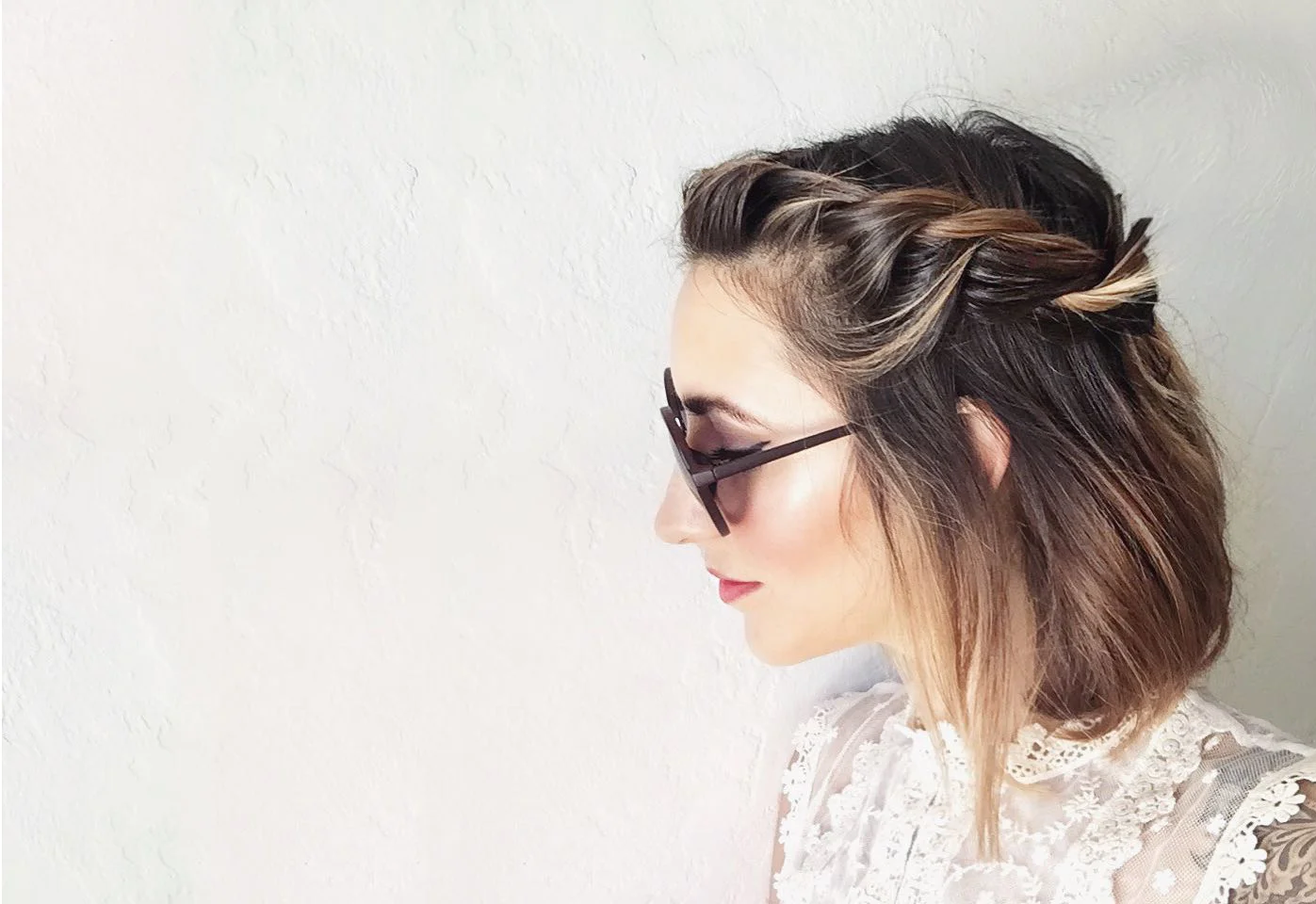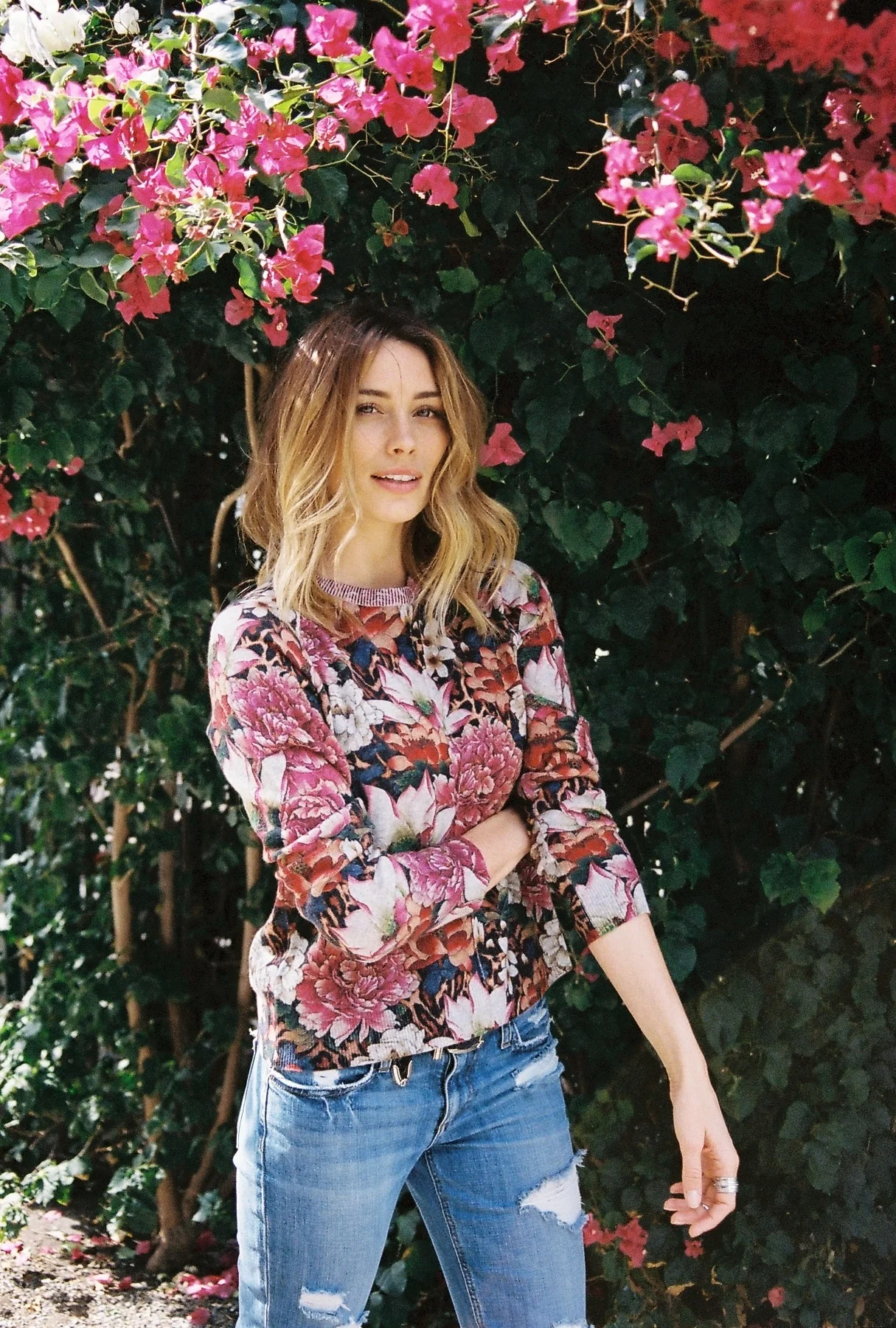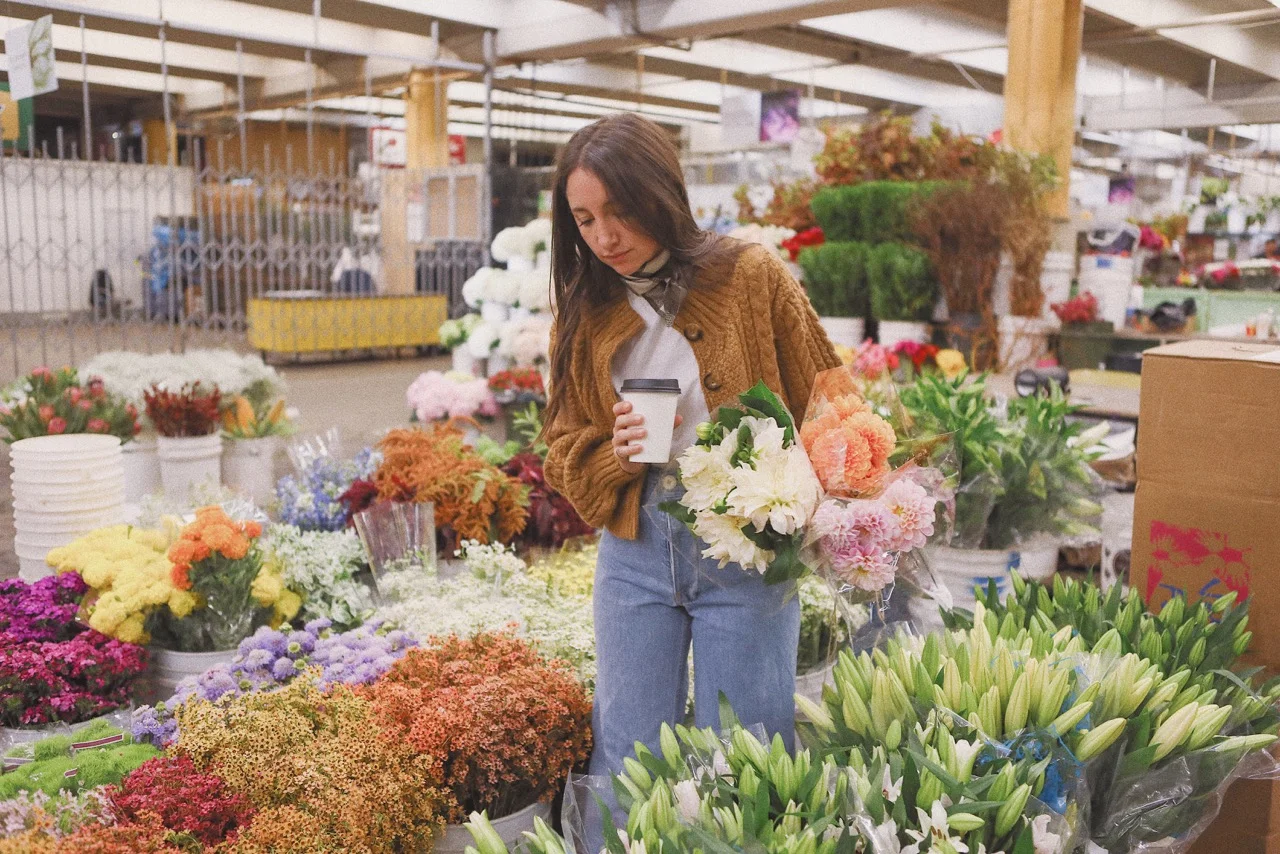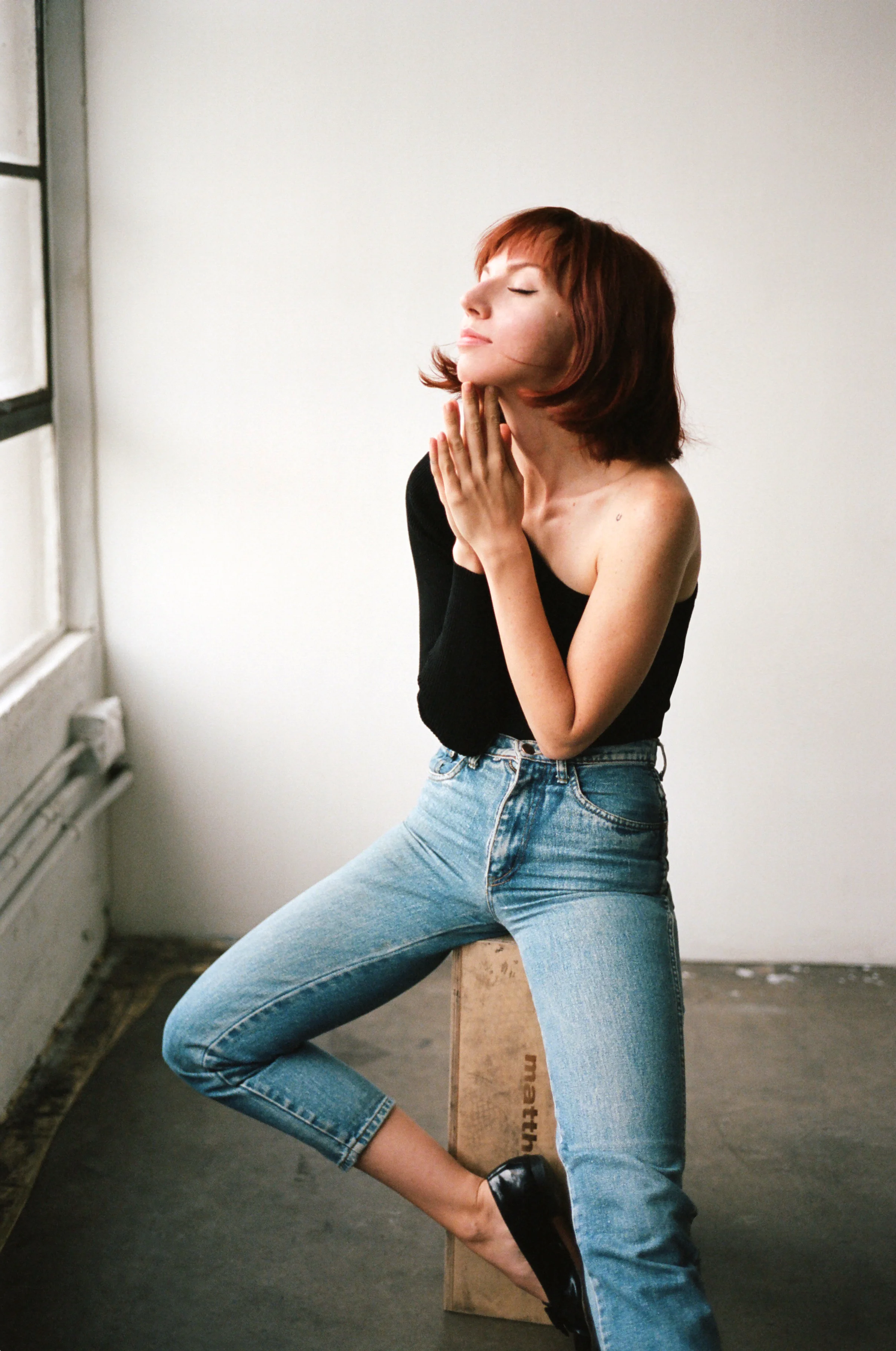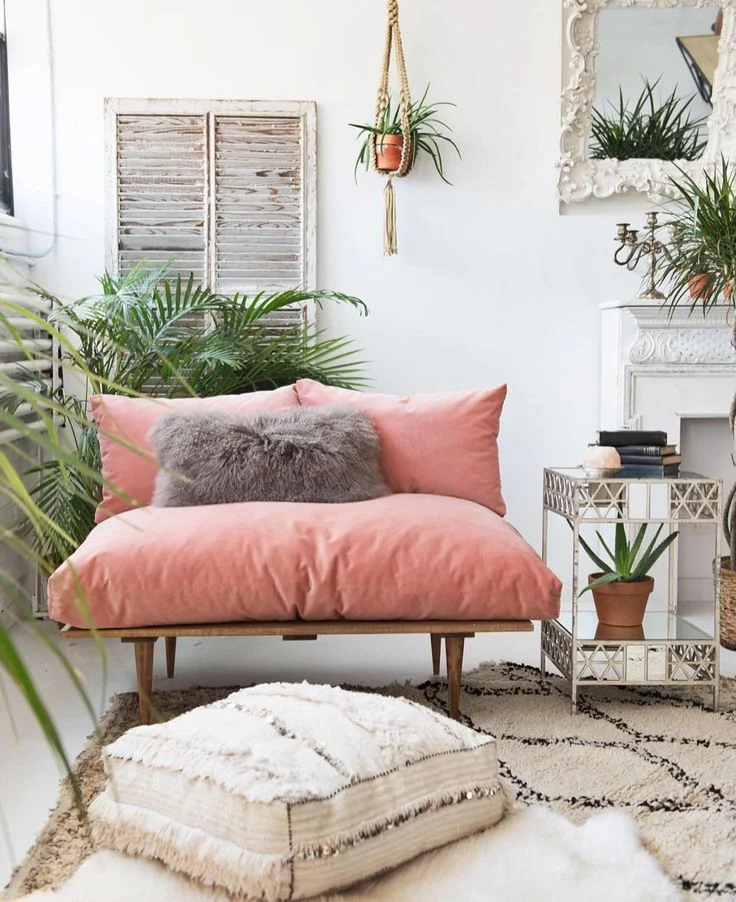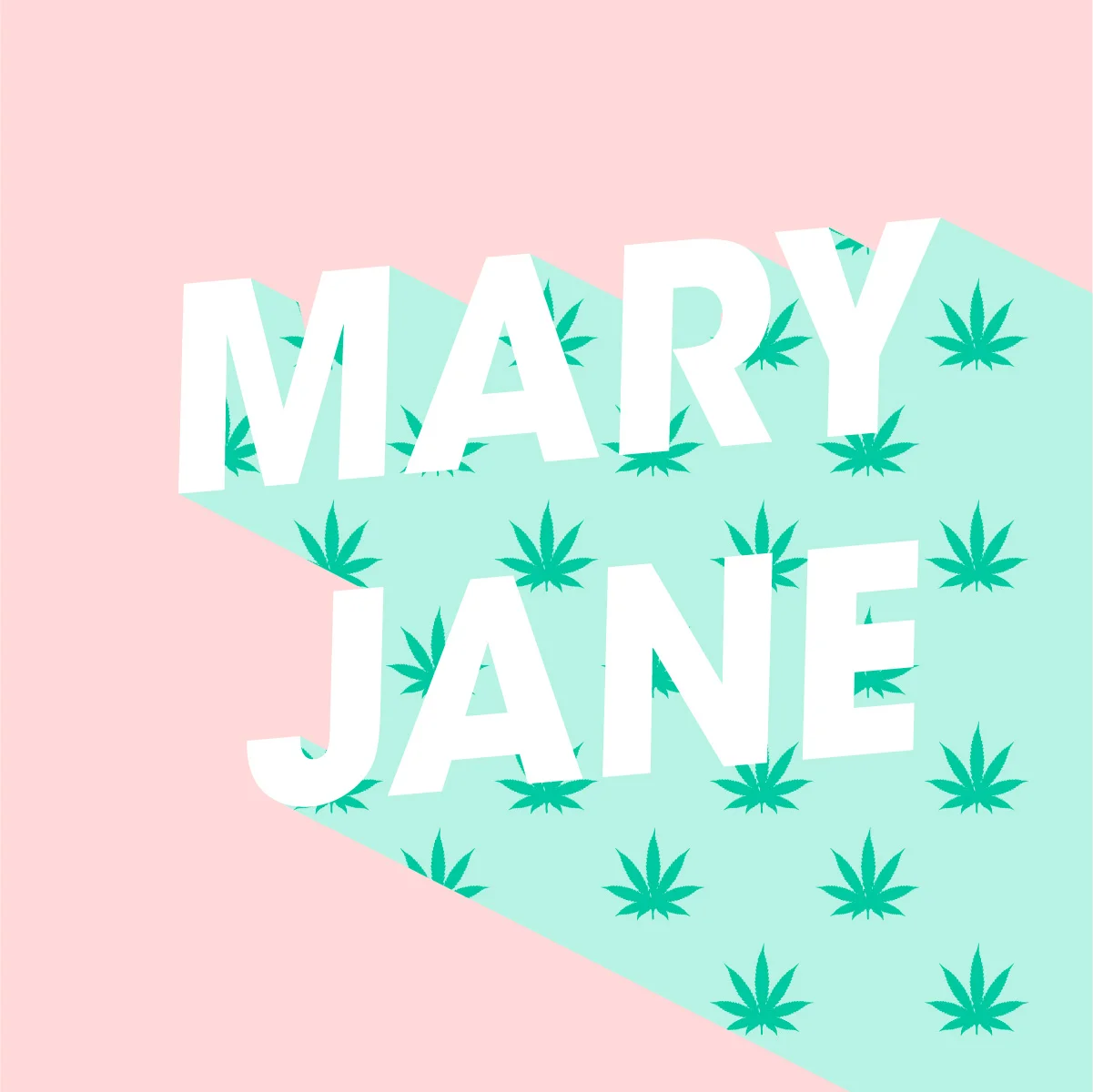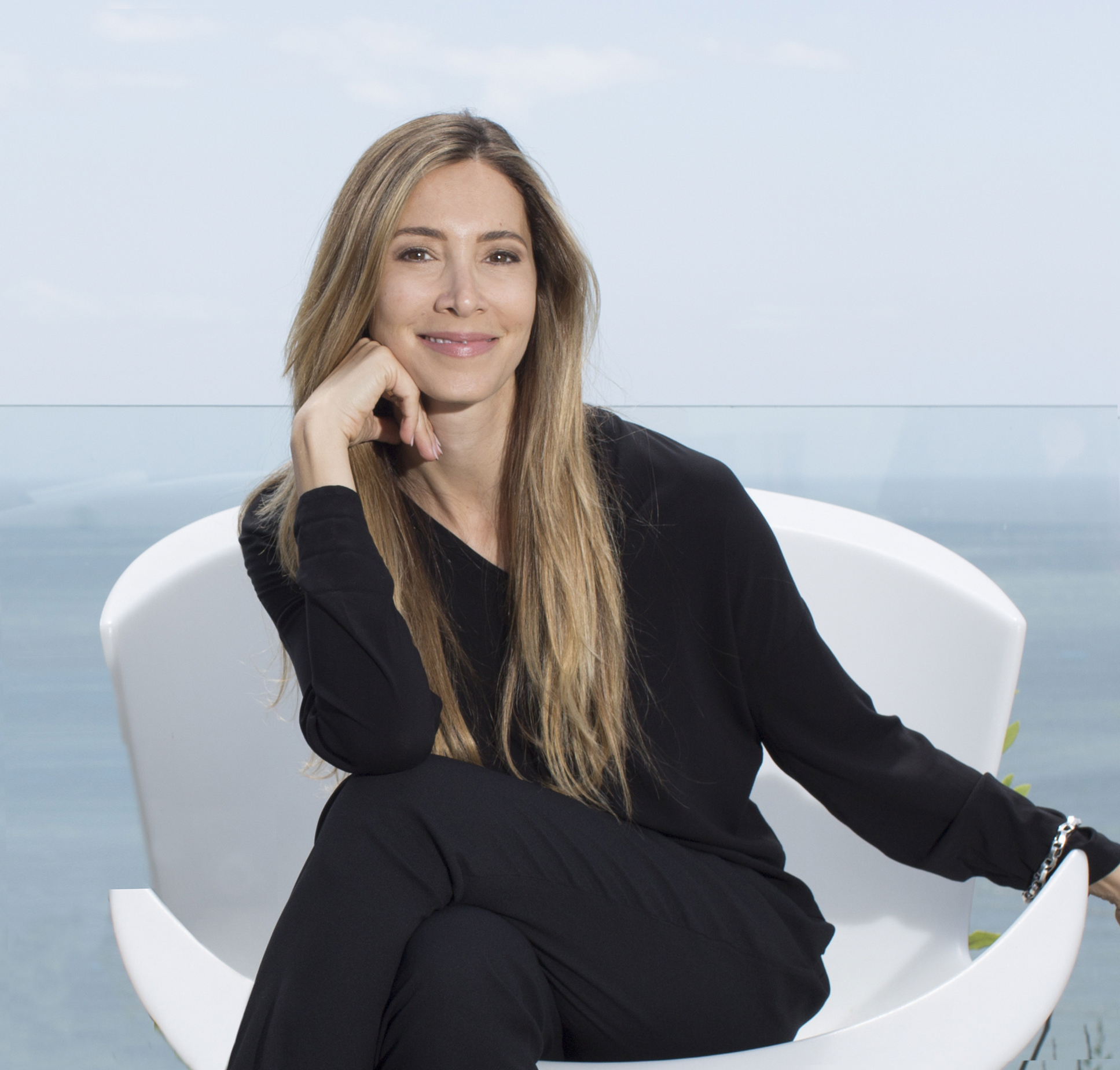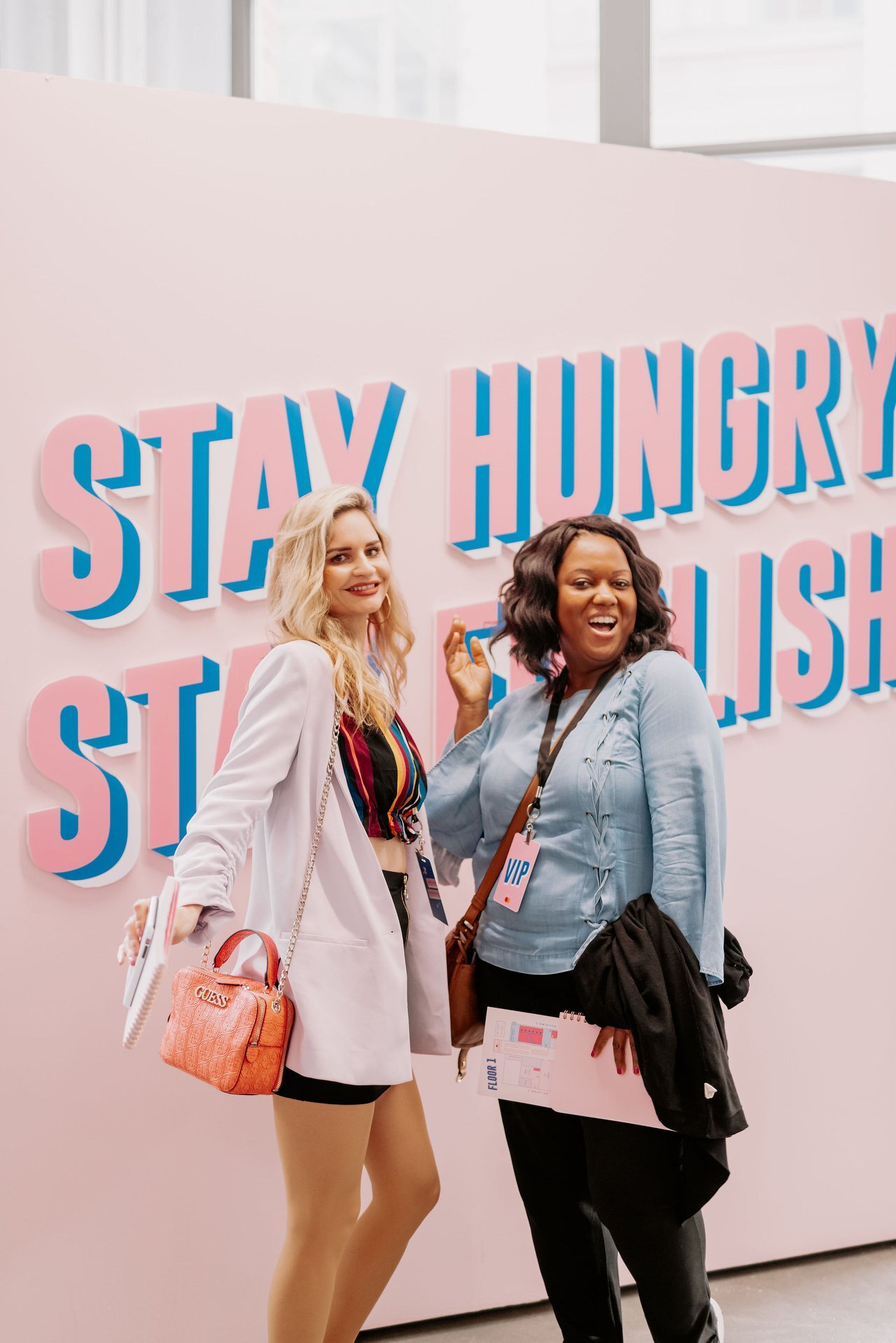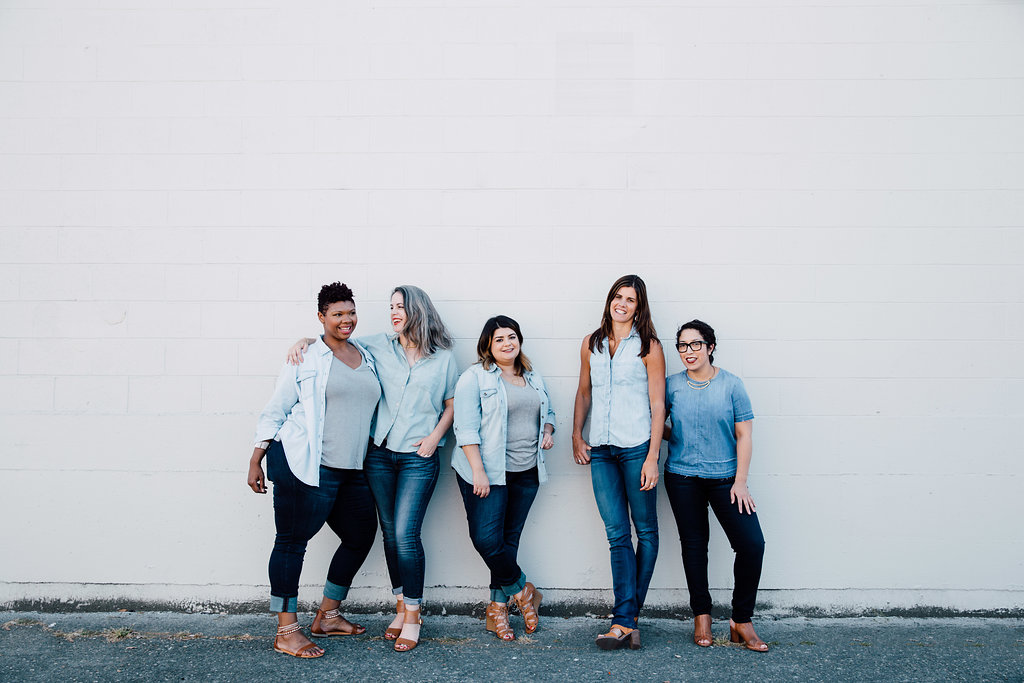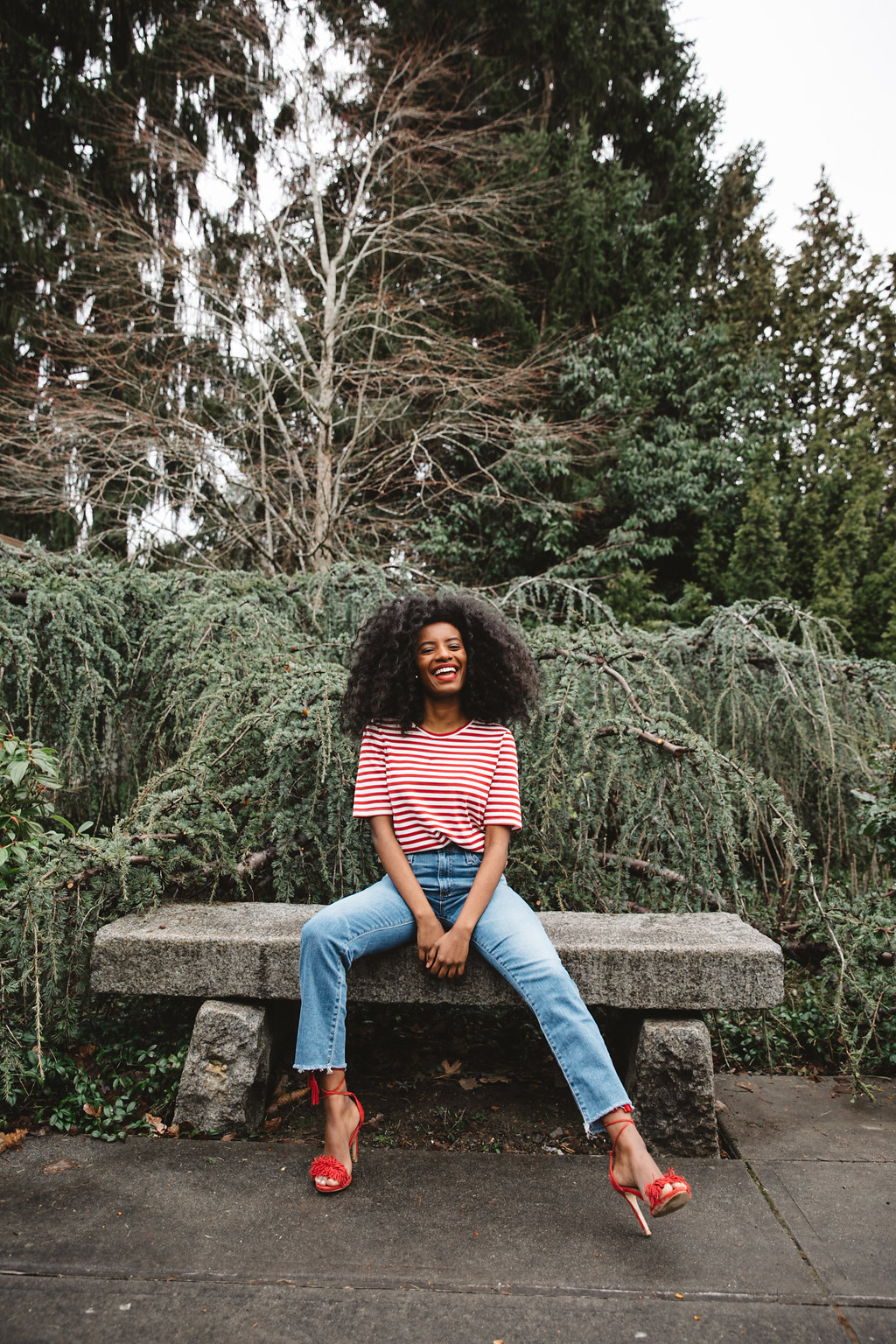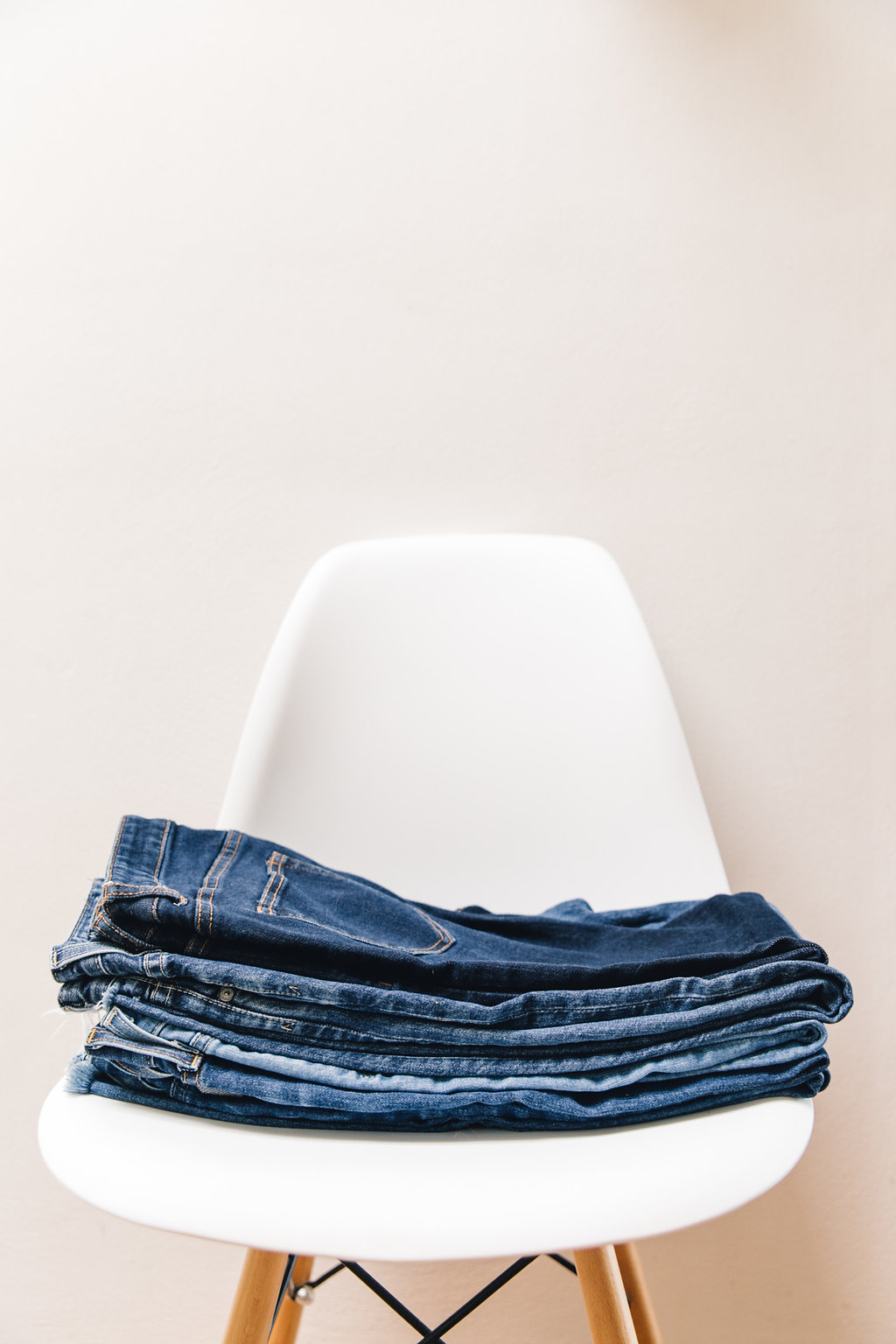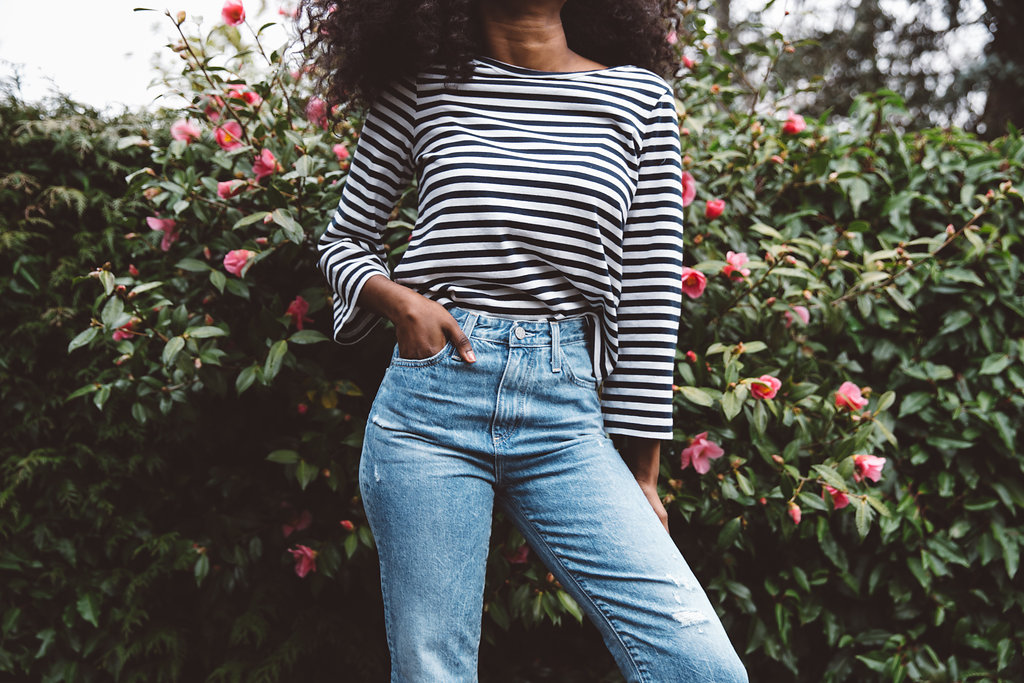3 Entrepreneurs Share Their Secrets of Building a Smart Brand
How This LA Business Owner Tries to Live a Zero Waste Life
Hello to 5 Time-Saving Beauty Tips from Nikki DeRoest
Celebrating #WorldKindnessDay with the Founders of The Kind Campaign
Killing it with kindness.
Kindness Day was born when a collection of humanitarian groups came together on November 13, 1997 and made a “Declaration of Kindness”. Donating books, food or clothes to your local community is a great way to celebrate. However, these boss ladies went even further and launched an entire campaign.
Both Lauren Paul and Molly Thompson, co-founders of The Kind Campaign experienced bullying in middle and high school. Experiences that shaped who they are and gave them the first-hand knowledge needed when they launched Kind Campaign.
While attending Pepperdine University, Lauren had the opportunity to intern for Tom Shadyac on his documentary project, I Am. Wanting to do something since being "severely bullied" in middle school, Lauren shares that the experience working on a documentary gave her the idea to work on a documentary of her own. One that specifically addressed the issues of bullying.
Lunch in the Broadway Cafe at Pepperdine was the starting point, when both Molly and Lauren enthusiastically said, “YES” to an “uncharted adventure.”
“It was during that life-changing lunch,” shares Lauren, “that I pitched the idea about creating a documentary.” Molly was all-in. “From that moment on,” she says, “we dove head first into everything. The moment we turned on the cameras and held our first interview for the film, we both knew there was a huge potential for something greater.”
That was in 2008. Bullying wasn’t the hot-button topic it is now. They didn’t know if people would be willing to open up about their experiences. But the moment women and girls started talking it was clear that the issue had been swept under the rug for too long. Like Lauren, Molly had her own share of bullying experiences in high school. “Bullying specifically between females,” shares Molly, “was not addressed. It was almost expected and accepted as a rite of passage.”
The college seniors were about to launch a movement.
Those initial interviews for Finding Kind, paved the road toward Kind Campaign, which officially launched in February, 2009. Since inception, Molly and Lauren have spoken at over 400 schools in North American and the UK, activated 390 Kind Clubs across the globe, and Lauren shares that “Kind Campaign Assemblies are now hosted by faculty and volunteers almost every day of the school year.” The co-founders are getting ready to head out on their 12th Founders Assembly Tour.
It’s been an incredible journey for both. Lauren grew up in Orange County and Molly in Dallas, but after sharing a laugh over a YouTube video their junior year of college the two became “fast friends.”
“It feels very surreal looking back on the last several years,” shares Molly who gave birth to daughter Lyla last August and understands the power of the messaging more than ever. “When we first started Kind Campaign, we were running on passion and adrenaline, pulling all nighters and barely scraping by with enough funds to keep going and spreading the movement.” Now the goal of offering free global programming is a reality.
Lauren knows that more than ever young women need to know “that they matter, they are heard and they are equal. That no one can tell them who they are and what they can and can't accomplish.” She also brings up the power of social media and the influence it has over girls’ self-esteem. “There needs to be more conversation about how to have a healthy relationship with your phone. To remind girls that their worth is not determined by how many likes or followers they have.” Adding, “This is something we ALL need to hear and think about.”
More from the co-founders below.
What do you think young women and girls need to hear now more than ever?
Molly: That they are strong, powerful, beautiful, inspiring, unique, and more than capable of accomplishing anything that they put their minds to. And then remind them of this over and over and over again in order to combat the mixed messages that women and girls are fed by the media, by what is going on in our world today, by the experience that they have at school or in the workplace, and by the things that they start to tell themselves because it has become so ingrained within them. I think more than anything they need to be encouraged and allowed to be whoever it is they truly are, rather than to be told what it is they can or can't do, or be put in a box. Now, more than ever, I think we need to remind ourselves and our peers that we are enough, more than enough; and no one can take away our intellect, our self-respect, our beauty, our talents, our voice, or our worth
How can we each carry kindness into the world?
Lauren: Serving others doesn’t necessarily mean starting your own non-profit or dedicating your whole life to community service. One of my favorite quotes was said by Howard Thurman. It reads: “Don't ask yourself what the world needs; ask yourself what makes you come alive. And then go and do that. Because what the world needs is people who have come alive.”
I deeply believe in that motto. There is nothing better than a person who comes alive when they tell or show you what they do or what they’re passionate about, whether that’s being a teacher, sailing, owning a bakery, being a lawyer, singing or being a mom. You will be the best you if you find a way to do what you love and love what you do.
Molly: Every single person has the ability to change the course of someone else's life, just by being awake, being aware, and being kind. We truly do not know the battles that others face in their day-to-day lives, so if we just focus on ourselves and our ability to carry kindness into the world, and we are a light in someone else's life (however small it may be), we have the chance to make someone's day and even save their life.
What is a time in your life when you thought, 'I can't do this anymore?'
Lauren: When I went through my experience being bullied in middle school I remember waking up every morning and thinking that there was no way I was going to make it through another day of school. I went to bed every night not wanting to wake up in the morning. I truly lost myself. But with the support of one friend and my family, I was able to dig myself out of that depression and now I look back and that dark time and know that it all happened for a reason. Without that experience, I would not be doing the work I am doing. I am now able to stand in front of hundreds of girls in our assemblies and remind them that their school experience is just one chapter of their story. That no matter how dark the chapter is that you are in, there is a whole life ahead of you, waiting to be lived, filled with love and adventure.
What's a surprising story you heard during a school assembly that's stuck with you?
Lauren: Rachel is a girl we met during our last Spring tour while in Utah. At the end of all of our assemblies, we take a picture with the group of girls we are speaking to and post the picture on Kind Campaign’s social media. We were scrolling through the girls comments on her school’s photo and came across this comment from Rachel:
“I was at the Kind Campaign assembly at Draper Park. You guys really changed my point of view on everything. I can relate to everyone in the film. Every girlfriend I've had, I have lost.This morning when I woke up I was thinking about committing suicide. I came to school today on the verge of tears. Once I got in and sat down I wasn't really paying attention but once I watched the movie and I was in tears. I came up and shared my Kind Card. It was about one of my best friends. He stood by me through all my hard times. Once I got home I realized that even though some girls can be rude and don't understand what their words can do that it shouldn't be worth dying over. I called my best friend and talked to him for an hour. I was just crying my eyes out. Your assembly today? Yeah, it saved my life.”
We were really moved after reading that and immediately connected with her through Instagram and offered further support with our in-house counselor. Our on-call therapist counsels girls and parents who write to Kind Campaign and need extra conversation and support. This service is free of charge. I still keep in touch with Rachel and she is happy, healthy and doing so well!
What does female empowerment mean to you?
Molly: Everything. Female empowerment is everything. Celebrating each other, our accomplishments, our differences, our failures and our victories so that we feel emboldened and proud of who we are with the knowledge that we are good enough. It has taken on a new meaning since having Lyla. Even though it's always been important to me, now it's even more personal. Not just for myself, not even for all of the incredible young women we meet through our work, but for her - my little heartbeat. She needs to know her worth and feel supported and celebrated. Not judged and picked a part, scrutinized under a more harsh microscope than others.
"Female empowerment is everything."
Tweet this.
Lauren: It means getting to know yourself. Loving and respecting your body, heart and mind. It means doing your best to let go of those female insecurities we all harbor. It means feeling genuinely happy for other women and celebrating their beauty, uniqueness and accomplishments without going to a jealous or competitive place. Don’t be a part of drama and gossip.
What’s on your career bucket list?
Lauren: I’ve always dreamt of writing a book. I would also love to continue speaking in other countries. Molly and I took our Kind Campaign Founders Assemblies to the UK last year and I would love to see our programming continue to spread globally.
Molly: Honestly, in so many ways I feel like I've already exceeded what any bucket list could capture. Not to sound cheesy, but I really do feel so unbelievably lucky to be in the position I am and do what we do. We have always said, "If we can just impact one person, then it has all been worth it." And thanks to social media for making this world seem so small and allowing us to see Kind Campaign's impact, we have the opportunity to hear from that "one person" who has been impacted on a regular basis. So I guess my career bucket list would be to keep Kind Campaign's messaging current enough as time goes on to continue to have such a profound impact on people. And to meet Oprah.
How This Female Comedian Went From Master of None to Master of All
How This Massive IG Star Handles the Haters
How Cold-Calling Chanel Landed One Woman Her Dream Job
How This Touring Photographer Survives Life on the Road
This Is How You Thrive After Bankruptcy
Weed Need to Talk: I Had an Unconventional & Controversial Job
This Sought-After LA Designer Has So Much Going On (Your Head Will Spin)
Hollywood Roundtable: 4 Actresses Talk Sexism in Tinseltown
How to Own Your Glow During the Most Dysfunctional Season of All
Find Out Why Lisa Ling Is the Most Exposed She's Ever Been
F*ck Cancer Founders On Turning The F Word into a Rallying Call
Why Genevieve Padalecki Says the World Is a Crazy Place Right Now
How a Burning Man Honeymoon Led This Founder to Change Her Biz Model
A Day in the Life: From Auto Designer to Sustainable Fashion Boss
Designer Vicki von Holzhausen grew up next to the Art Center College of Design in Pasadena, a school she calls, "one of the best for design." In high school she attended their industrial design classes where she discovered a love for the automotive. "Cars," von Holzhausen says, "are basically the most intricate and impactful products one can design so I immediately gravitated to them." She ended up attending Art Center College, in CA as well as on their European campus, where she was exposed to the German automakers which lead to an award-winning career at Mercedes in Germany.
Though it's not a world inhabited professionally by many women, von Holzhausen says, "the interesting part is that 85% of car purchasing decisions are made by women so there should be more women in it. I think it's a matter of exposing female design students." She's thankful she was exposed at a young age. She's also married to Tesla chief designer Franz von Holzhausen, who certainly knows a thing or three about sustainability.
But as of 2015, the designer made the full time switch from automotive design to handbag designer with the launch of her sustainable Malibu-based von Holzhausen bags and accessories-- product set apart as a result of her time in auto design. As a lifelong career fan of German industrial designer, Dieter Rams, the founder explains that she still abides by many of his design principles. "The ones that resonate with me the most are that good design should be honest, aesthetically pleasing, and environmentally friendly. My goal was to build a brand based on the principle that I believed in: a future-minded approach, timeless style, and sustainability."
"Good design should be honest, aesthetically pleasing, and environmentally friendly."
Tweet this.
With her eponymously named von Holzhausen line she mixes old world techniques with new, both of which she says, "play a role in our sustainable approach." For instance, the brand uses an innovative substitute for leather they call "Technik-Leather," which greatly improves the waste factor. "Since Technik-Leather is created in rolls, unlike cow hides," she shares, "there are no irregular edges, allowing our patterns to lay side by side with little waste between each piece. Our traditional approach has to do with using local talent here in Los Angeles to create our bags and accessories. We also finish all the details by hand since that's the best way to ensure the highest quality. We paint all the edges of each bag by hand which looks amazing and helps ensure longevity."
We caught up with the founder to find out what a day in the life of a sustainable designer looks like, what time she calls it quits, and what she learned from her design school all-nighters.
6:30am – 7am
I wake up early to check any urgent emails and spend about ½ hour going through my daily to do list from the day before. I try and get a workout in on my good days. My quick version is an app called SWORKIT and I do the 20minute core work out. My long version is a H.I.T. class at my local gym, but I can only squeeze those in on days when I have a light morning schedule.
I get a coffee in during my work out. Preference is a black Blue Bottle pour over.
7:30 – 8:30am
Shower & dress. If I’m visiting the factory where I produce the collection, I usually wear my typical uniform like a pair of slouchy jeans and a silky button down shirt or tank and some easy slides. If I’m working at my desk, I usually wear something like a jumpsuit or tank dress with one of our new belts to make it look more put together.
Around 9am
I spend at least 1 hour with emails and figuring out the day. I eat breakfast either at my desk or on my way out the door.
I always try to be flexible when unexpected requests get thrown my way and I’m used to switching up my routine all the time. As a young business, one of the advantages is that we can move quickly without too many issues, so flexibility is a huge benefit.
10am – 11 am
I run errands and try to get to the factory by 11am. We usually review samples in progress 1st and then talk about our weekly production volume and orders in progress.
This can take as little time as ½ hour to as much time as 2 hours depending on the designs we’re working on.
Some days, I meet with other members of my team who work remotely either in the downtown LA Arts District or back on the west side of LA. Those meeting usually revolve around creative direction for photo shoots and marketing strategy.
Other days, I have lunch or coffee dates that revolve around making connections to other entrepreneurs. I’ve learned a great deal from meeting other women who work about the process of building a business.
3pm – 5pm
I’m back at my desk around 3pm to handle any new issues that rise up. Then I try to spend at least a few hours before the end of the day organizing my team for the next few days. I attempt to stay a few steps ahead of everyone so we can meet all upcoming deadlines having to do with things like new product launches, photo shoot production, and website design. There is also an endless amount of paperwork that goes with running a business so I spend a few hours in that department as well.
Most days, I spend at least another hour on various calls during the afternoon since I’m more often than not, sitting at my desk.
6pm
If I have no dinner plans, I take an early dinner with my family and spend time with them until about 9pm.
10pm
I spend at least 1 more hour later in the evening on creative work. It’s a habit I developed as a young designer in school and later in the auto industry when I spent countless all-nighters finishing projects. It’s the time of day with the least amount of interruptions so I take advantage of it.
Images courtesy of von Holzhausen.
MORE FROM OUR BLOG
How This Founder Turned a Major Problem Into 2.4 Million in Funding
How Many of You Have Done the Denim Wiggle?
The jump. The suck and shimmy. Even if you make it into your jeans, it still sucks to have to suck it in. And ordering denim online? Forget it. Without knowing how a certain brand fits you, their respective cuts and rises, it’s almost impossible to tell exactly how the pair you ordered will look on your body. Let's just agree: the return rate on online denim purchases is high.
Until now. Fitcode is a simple answer to a complicated problem. Co-founded by former model Rian Buckley, Fitcode is a fashion data company that walks women through a quick series of 5 questions about their shape. It then displays denim options that would work best based on the users answers, providing denim recommendations from brands like Paige and Citizens for Humanity. Fitcode doesn’t carry product, but works with brands to amplify their customers and increase sales. “We integrate onto partner sites," the CEO explains. "We don’t need measurements, we don’t need body scans, we don’t need anything like that.” The company is focused on fit, not size.
As a former model it’s an answer to a problem Buckley witnessed firsthand. “I was young on set,” the co-founder shares, “and people don’t really talk to you. They think you’re just a model, but it gave me an unbelievable platform to listen. So while I stood on set and I would listen to these clients complain about the problems they were facing with e-commerce and the business going online and how customers don’t know how to shop online.” She says listening to the issues at hand is “what kept me sane for a while.” She also used it to her advantage. “People don’t notice you when you’re the model,” she says. For her that meant, “I could get a lot of information. I could discover a lot of problems and therefore I could create a lot of solutions.”
Three years, $2.3M in funding, and 95,000 users (and counting) later, Buckley is running an innovative startup that’s using technology to solve real problems for some of the denim industry’s biggest brands.
“We have a 94% quiz completion rate on partners sites," Buckley notes. "Which proves people are actively looking for a solution. Normal online surveys are anywhere from 8-9% completion rate and Fitcode is 94%. So women love the solution and want to be told which jeans to buy and want it to be easier.” She’s excited to report that Fitcode users are converting at “at least 4 times the rate a normal customer would convert." Which means, "They are trusting the product, they are returning exponentially less, and it’s just been successful for all of our partners.” And for women. Buckley is determined to take the pain out of the online shopping process.
While the modeling world might not have taken the CEO seriously, she says the industry prepared her to run a company. We're talking thick skin. “I founded this company when I was 25 and we launched when I was 26. I had never worked in tech. I had never run a business and now suddenly I was the CEO of a technology company. And the foundation for that came from modeling because I was so used to being undervalued and overlooked.” That and Buckley had total confidence that she could solve the denim problem. “You know,” she adds, “my mom used to always say, ‘Be like water off the duck.’ Whatever people are saying just keep charging ahead. Let it roll off and charge ahead.”
It also taught her to take criticism. “When you’re looking for investment or looking to scale, people always criticize,” she says. “Because it’s the easiest thing to do— they can point out the places where you’re failing and use those things against you." Unlike the modeling world, where the criticisms she faced about her looks were things she couldn't change, in business she feels "empowered" by them. With Fitcode she explains, "the things you’re criticizing me for I can actually make a change. I can change my decisions.”
Like many other women in tech, being undermined has been a part of her journey. “Women in technology,” Buckley says, “are so underserved and we are always overlooked. It is one of those fields where it’s really male-focused and male driven. I think people underestimate women repeatedly.”
"People underestimate women repeatedly.”
She wasn't deterred, even when she found herself explaining her product to a room of men. “I’ll use an example from a big retailer I had a meeting with, not for investment but for partnership," she says. "I walked into this meeting as a 27-year-old woman who had a lot of experience in the fashion industry and understood the problem of women’s denim fit pretty intimately. And I sat across the table from 11 men. I was the only woman in the room and I had these men explain to me how to get women into jeans that fit and why their solution was better than the one I was bringing to the table. And it was so clear to me in that moment why companies are failing online. Because they have a bunch of men trying to solve a problem for women.”
"It was so clear to me in that moment why companies are failing online. Because they have a bunch of men trying to solve a problem for women.”
She says the next step for retailers is to expand their plus-size business. “There is a huge underserved market of plus-size women. And plus-size women, they’re just women too. But brands don’t think about them that way. What they’re missing is that this is just a woman who wants jeans that fit.” Fitcode's mission includes empowering all body types. She also had another goal. One she met.
Though she raised funding, Buckley says, “My goal all along was to see how little investment I could take to see how quickly I could get cashflow positive. That was a really powerful thing I was able to do. Especially as a woman CEO you have to do things differently because people are always going to come in with a little bit of doubt. That is just the fact of the matter. Now, if I can walk into the room and say I don’t need your money, I make my own money. That is the power."
photo credit: Photography for Fitcode by @tawnieakman





